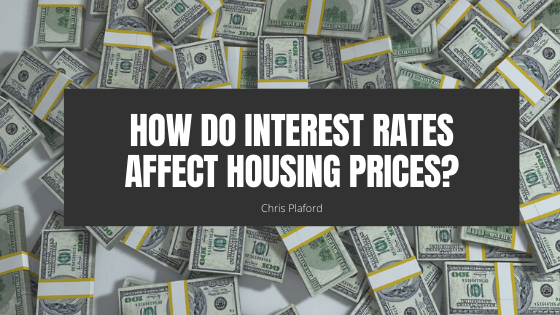When buying a new home, there are few things that one needs to know to make an informed financial decision. Purchasing a new home or property, whether residential or commercial, can be a hysterical process. Moreso, if interest rates are on the rise. Changes in interest rates tend to influence individuals’ property buying patterns.
What is the Interest Rate?
Real estate is one of the economy’s giant sectors in any nation. It is often adversely affected by fluctuating interest rates.
An interest rate is commonly referred to as the cost to the borrower. It simply means the rate the borrower will have to pay back to the lender and is expressed in percentage form.
How Interest Rates Affect Housing Prices
Housing, or rather Real Estate, is an investment and, therefore, focuses on real assets, i.e. (properties, buildings, and housing in general). It typically involves a considerable sum of capital. For this reason, most buyers require a lender. That is why we have personal loans and mortgages to facilitate such investment. The rate at which mortgages and loans are borrowed fuels the bank to increase or lower interest rates.
If interest rates fall, the cost of mortgages decreases, and in return, it also increases the demand for the buying and selling of properties. Effectively, when housing prices inflate, the reverse tends to be true. When interest rates go up, the cost of obtaining mortgages in the bank increases, and the demand and housing decreases.
Demand and supply are what influence the pricing of a product or an item. However, in the housing market, it can also be impacted by financial institutions’ willingness to lend, financial constraints, and corporate governance.
Some user cost models influence interest rates, the mortgage market, and other economic factors in the United States housing market. According to Himmelberg, a one percent change in user cost leads to a 0.62 to 0.85 percent change in house prices. We conclude that interest rates are a significant cause of Real Estate pricing.
